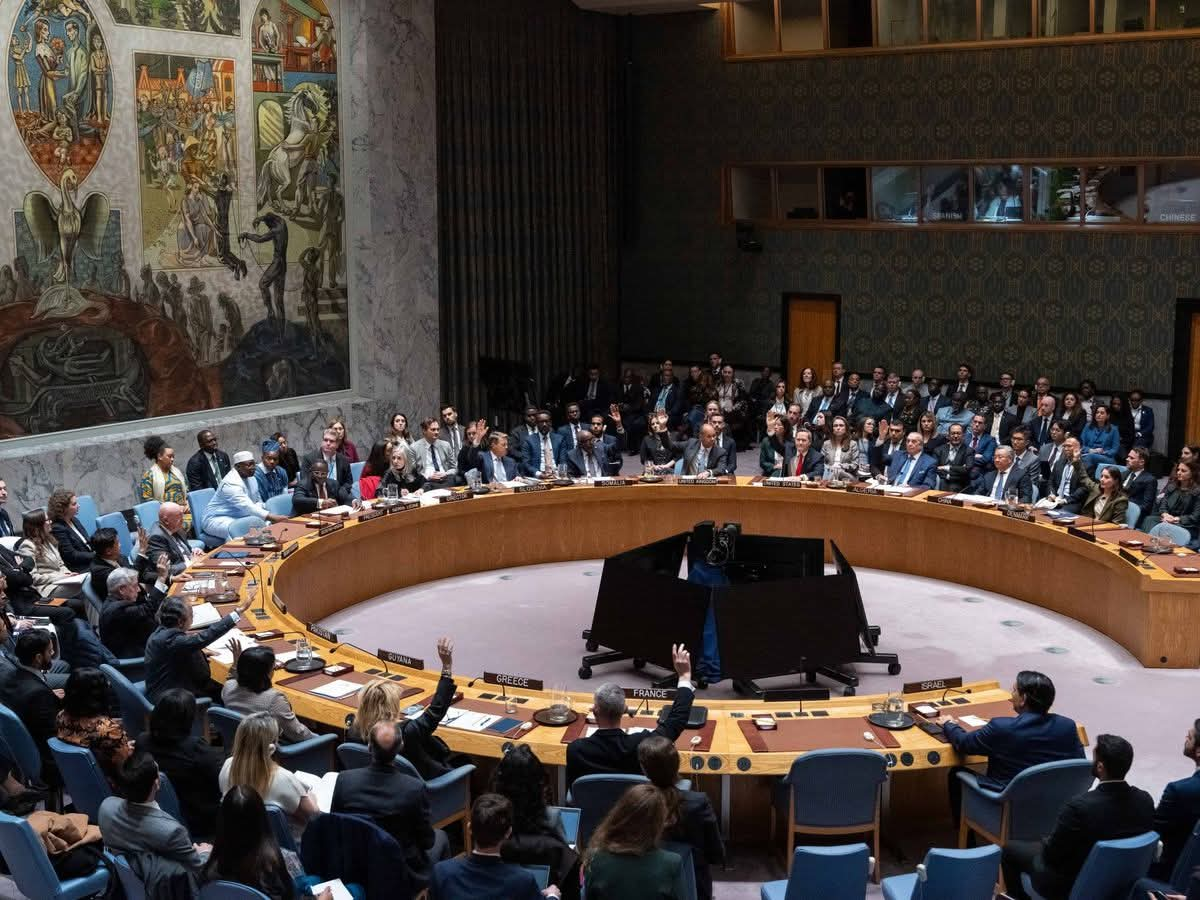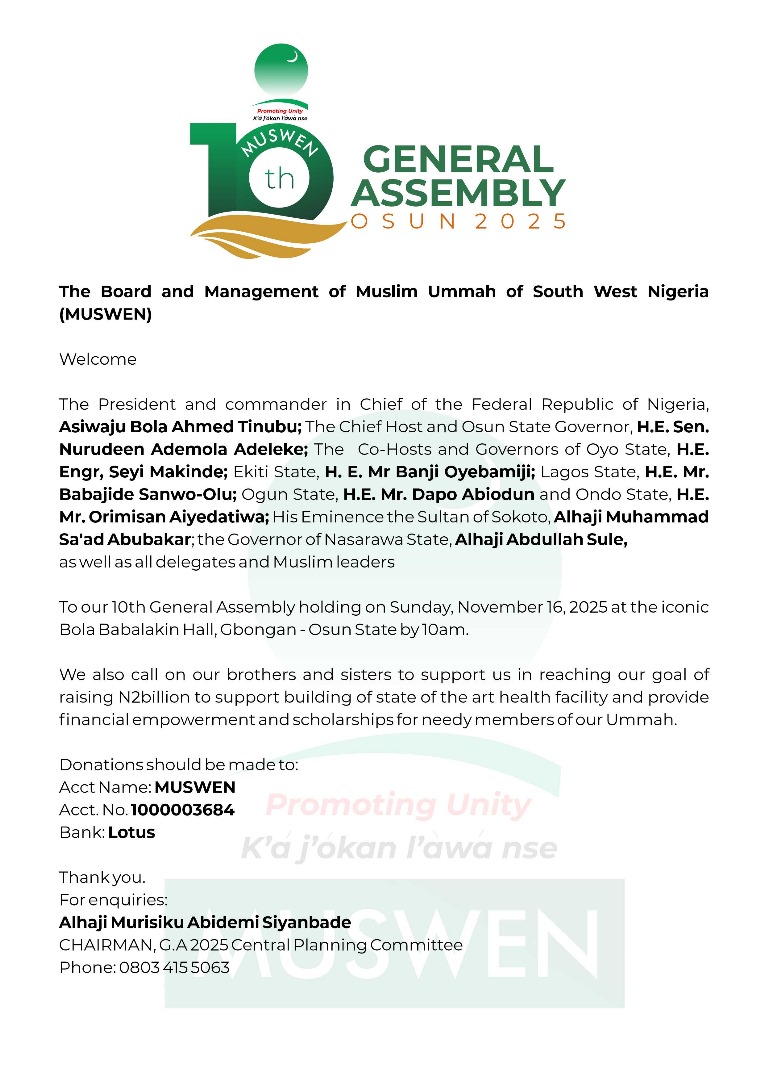* US-penned draft passes with 13 votes in favor, 2 abstentions from China, Russia
The UN Security Council adopted a US-drafted resolution Monday establishing a new transitional Board of Peace (BoP) and authorizing an International Stabilization Force (ISF) to oversee governance, reconstruction and security efforts in the Gaza Strip.
The resolution received 13 votes in favor, with China and Russia abstaining.
Speaking before the vote, US envoy to the UN Mike Waltz told the Council that “today, we have the power to douse the flames and light a path to peace.”
“That path is the draft UN Security Council resolution before us — a bold, pragmatic blueprint born from President (Donald) Trump’s 20-point comprehensive plan to end the Gaza conflict, forged in the fires of diplomacy with Qatar, Egypt, Saudi Arabia, the UAE, Türkiye, Pakistan and Indonesia,” he said.
Waltz said the resolution “charts a possible pathway for Palestinian self-determination after the Palestinian Authority has completed the necessary reforms, where rockets will give way to olive branches and there is a chance on the political horizon.”
Recalling concerns by the Council as well as Russia’s “counter-draft,” he said: “We hear concerns over mandates, but colleagues’ hesitation here is the true enemy.”
After the vote, he welcomed the adoption and said it “represents another significant step towards a stable Gaza.”
“The Board of Peace, which will be led by President Trump, remains the cornerstone of our effort,” he said, adding that the ISF “will stabilize and secure the security environment, support the demilitarization of Gaza, dismantle terrorist infrastructure, decommission weapons and maintain the safety of Palestinian civilians.”
The resolution stipulates that the BoP and ISF’s “presences authorized by this resolution shall remain authorized until Dec. 31, 2027, subject to further action by the Council, and (that) any further reauthorization of the ISF be in full cooperation and coordination with Egypt and Israel and other Member States continuing to work with the ISF.”
Russia’s UN envoy Vassily Nebenzia argued that “key components” related to legal matters were not taken into consideration.
“It also lacks any clarity about the time frames for transfer to the Palestinian Authority of control over Gaza, any certainty surrounding the board of peace and the national stabilization force the ISF, which, according to the text of the resolution we adopted, would appear to be able to act absolutely autonomously, without any regard for the position or the opinion of Ramallah,” he added.
He further argued that the resolution “is reminiscent of colonial practices and the League of Nations, British Mandate for Palestine, when the opinion of Palestinians themselves was not taken into account.”
Nebenzia also noted that Russia has decided not to introduce its own version of the draft due to the major support from Arab and Muslim countries.
China’s UN envoy Fu Cong shared similar concerns and said the resolution is “lacking in many respects and is deeply worrisome,” describing it as “vague and unclear on many critical elements.”
“The draft resolution outlines post-war governance arrangements for Gaza, but it seems Palestine is barely visible in it, and Palestinian sovereignty and ownership are not fully reflected,” he said.







